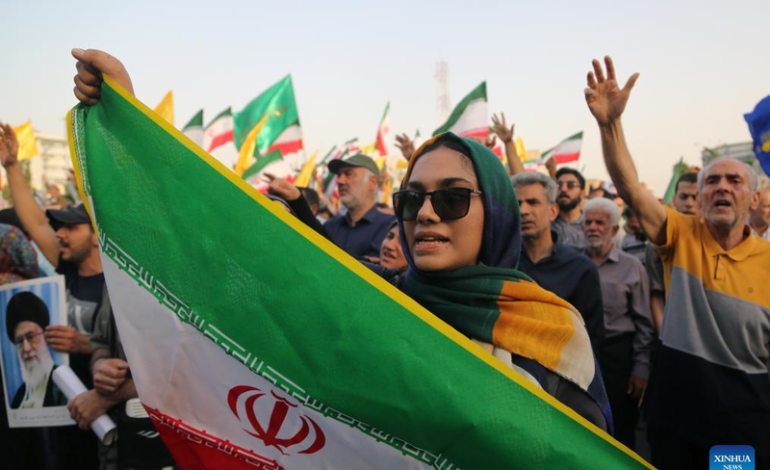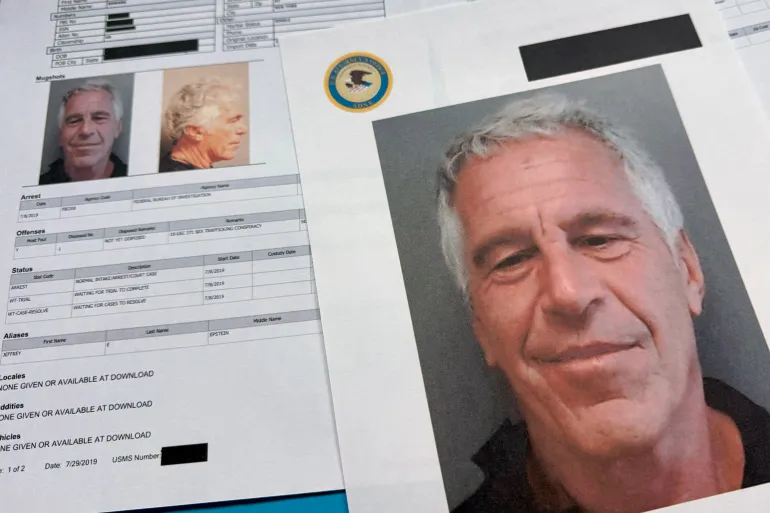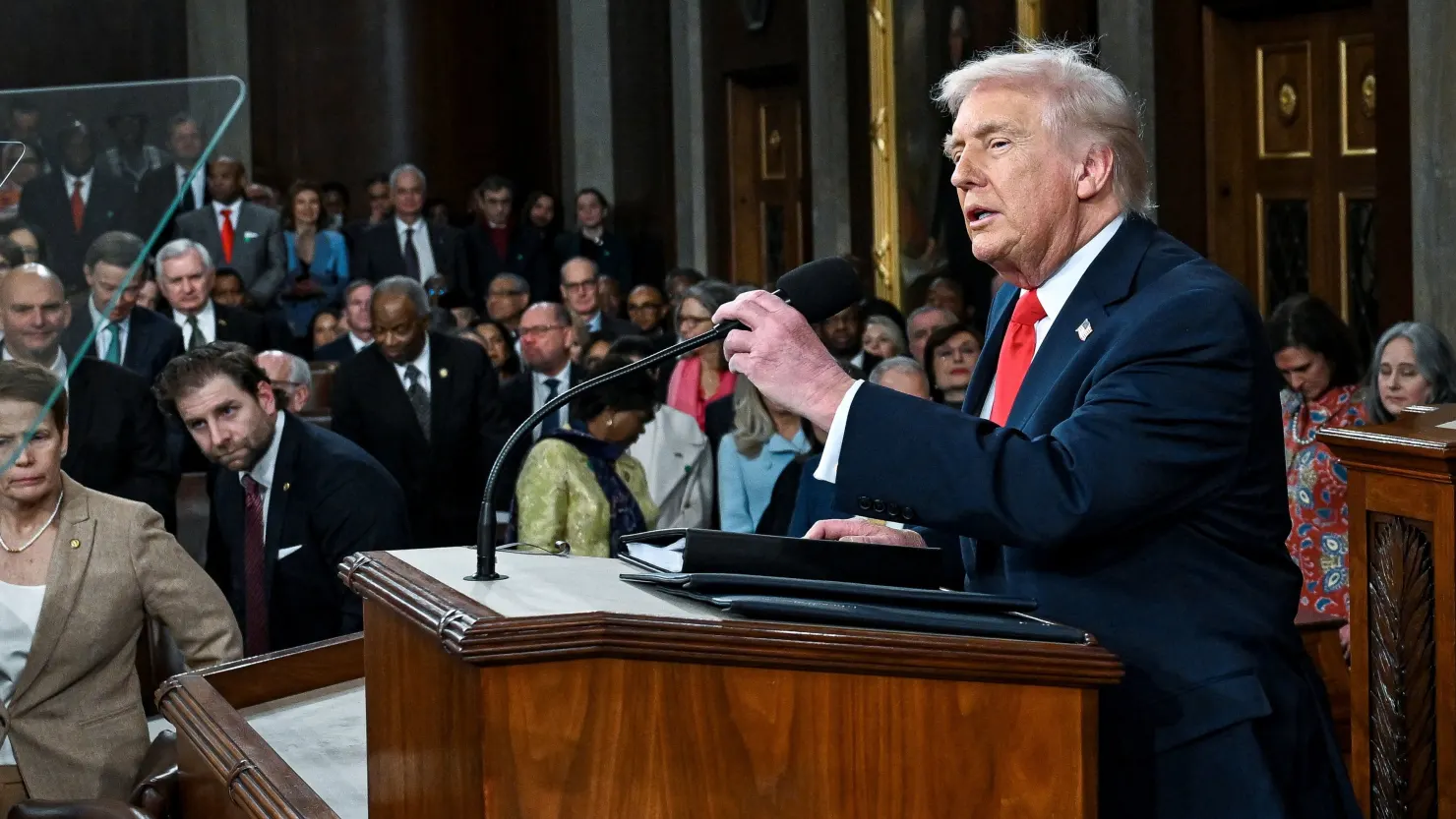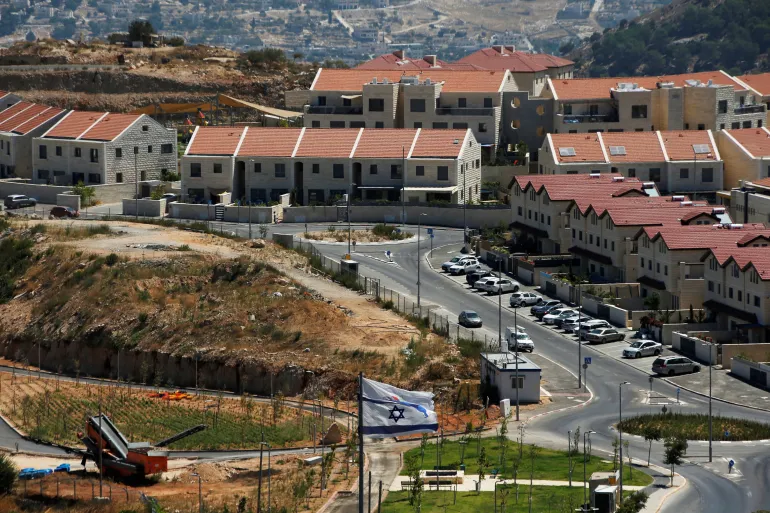Iran Executes Three for Espionage and Arrests Hundreds Amid Rising Crackdown Concerns

The Iranian government executed three individuals accused of espionage and detained more than 700 others this week, fueling fears that Tehran is using the backdrop of its conflict with Israel to intensify domestic repression, NBC News reports.
The executions, announced by the semi-official Tasnim News Agency, involved individuals accused of smuggling “assassination equipment” disguised as alcohol into the country, allegedly for use in the targeted killing of a public figure. The outlet, affiliated with Iran’s Islamic Revolutionary Guard Corps (IRGC), claimed the accused were working for Mossad, Israel’s intelligence agency.
On the same day, state-aligned Fars News reported that Iranian authorities had arrested over 700 people it described as “Israeli mercenaries” within the past 12 days. These developments come as hostilities between Israel and Iran appeared to pause following calls from US President Donald Trump for both sides to stand down after Israeli strikes on Iranian nuclear and military targets on June 13.
Analysts and human rights groups view the arrests and executions as part of a broader and potentially long-lasting internal crackdown.
“This crackdown was inevitable,” said Sanam Vakil, director of the Middle East and North Africa Program at Chatham House, a UK-based think tank.
“I think it’s going to be quite extensive and quite prolonged,” she told NBC News, calling the repression a “predictable outcome” from a regime known for authoritarian control.
The Iranian judiciary has signaled an intent to move swiftly. Gholam-Hossein Mohseni-Ejei, head of Iran’s judiciary, recently urged judicial authorities to expedite trials of those accused of collaborating with Israel.
But human rights organizations, including Amnesty International and Human Rights Watch, are raising alarms. Kenneth Roth, former executive director of Human Rights Watch, warned that convictions in Iran often rely on little or no evidence.
“There is deep reason for concern that people will be accused, convicted, and sentenced… on the basis of flimsy if any evidence,” Roth said.
Iran has a history of executing individuals accused of spying for Israel, and recent Israeli media reports have shown unverified footage—allegedly released by Mossad—of internal attacks carried out inside Iran. While these claims remain unconfirmed, they appear to have intensified suspicions within Iran’s leadership of foreign infiltration.
Commentators say the government’s actions could also serve to prevent internal dissent. According to Burcu Ozcelik, senior fellow in Middle East security at the Royal United Services Institute in London, “The crackdown could be used as a pretext to pre-empt any signs of dissent or public protest” over failures to protect key infrastructure.
Additionally, internet blackouts have raised further concerns. Iranian authorities claim the disruptions are necessary to guard against Israeli cyberattacks. However, rights groups point to a pattern of the government restricting access during periods of unrest to stifle communication and limit the spread of protest.
Despite Israeli Prime Minister Benjamin Netanyahu’s call for the Iranian people to “let your voices be heard,” experts say the prospect of mass protests under aerial bombardment is unlikely.
“Under those circumstances, most people shelter in place,” said Vakil. “They don’t rise up to bring down a deeply entrenched, bureaucratic, and repressive regime.”
Meanwhile, President Trump’s earlier comments suggesting that regime change in Iran was a possibility may have contributed to growing fears within Iran’s leadership. While he has since stated that regime change is not his goal, the rhetoric appears to have reinforced Tehran’s sense of vulnerability.
With Israel claiming responsibility for assassinating several Iranian military and nuclear officials in recent years, analysts believe Tehran’s leadership is increasingly focused on rooting out perceived internal threats.









The latest news in your social feeds
Subscribe to our social media platforms to stay tuned